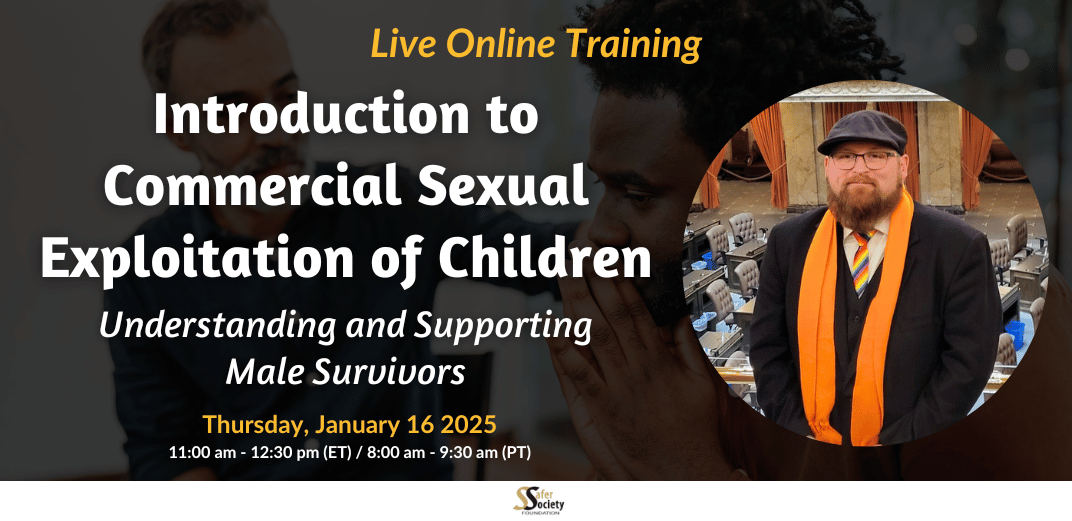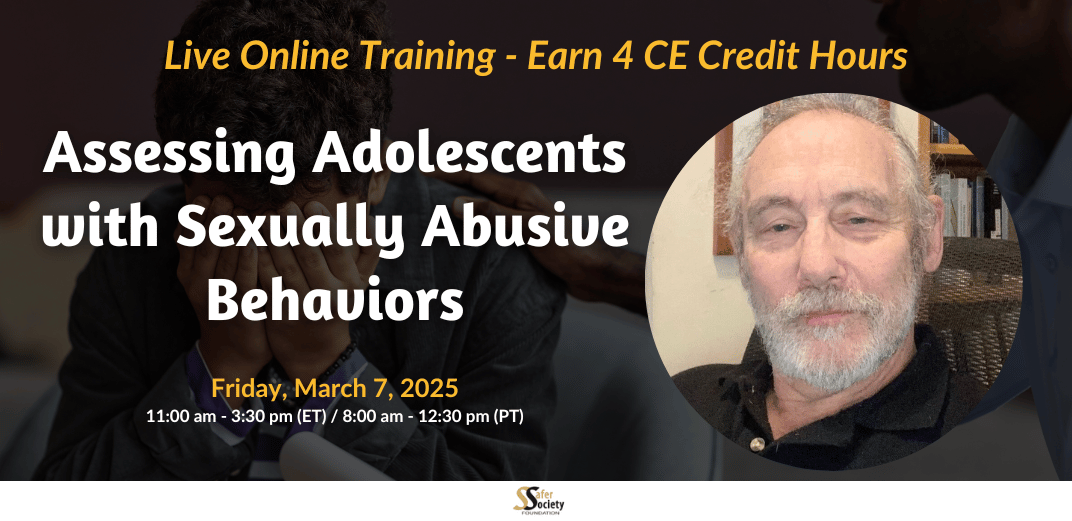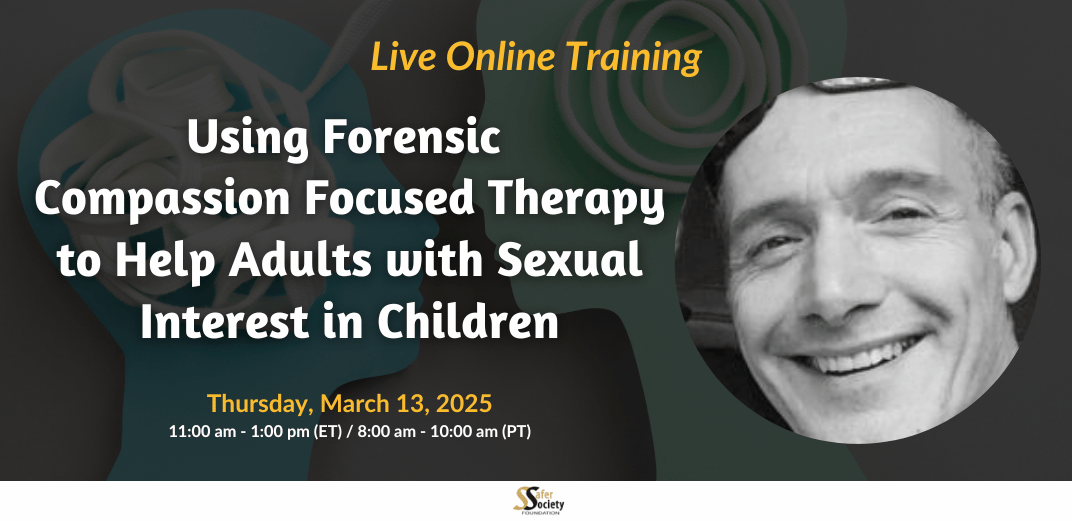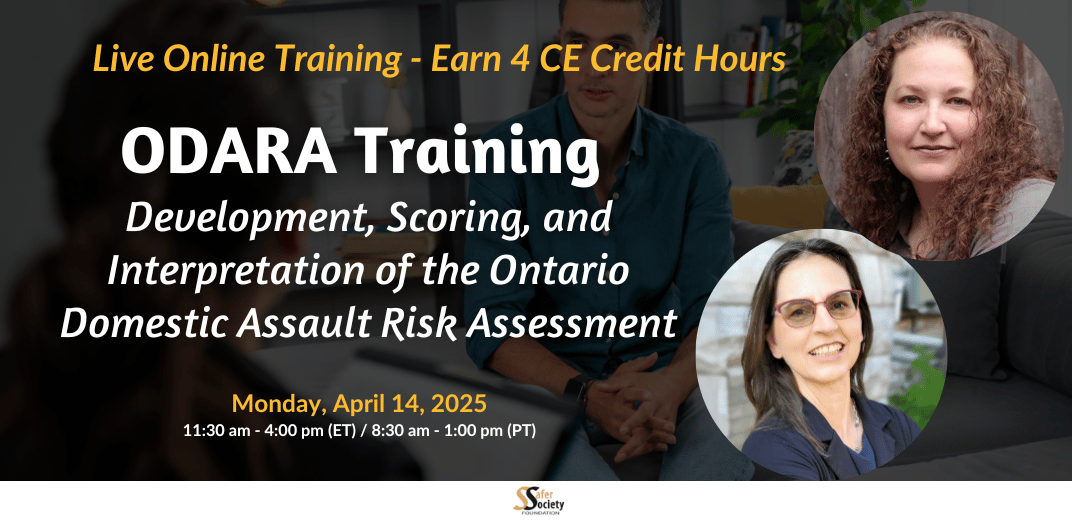Navigating the Challenges of Supervising Professionals Treating Sexual Aggression
Clinical supervision is a crucial component in the field of psychotherapy. It can involve educating newer clinicians on methods and models, helping them improve their practice in different directions, providing support and encouragement, and helping supervisees manage the inevitable reactions they have to clients’ historical behaviors.
Dr. Must and Mr. Prescott’s training provides supervisors with the tools and knowledge necessary to excel in their roles within the field, ultimately contributing to improved client care and clinician development.











